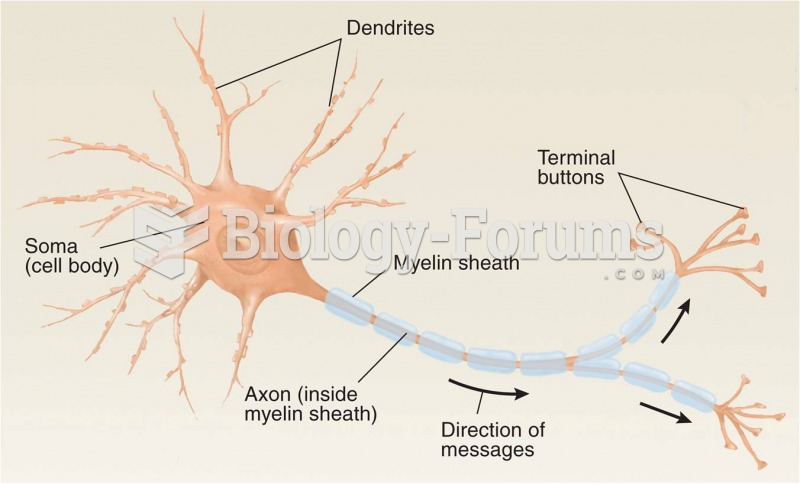Answer to Question 1
Answer: An ideal response will:
1. List the president's foreign policy powers, including command over the armed forces, the nomination of U.S. diplomats and the recognition of foreign countries, the negotiation and signature of treaties, and the selection of a cadre of executive branch advisers.
2. Identify the secretary of state as the president's principal foreign policy adviser, since that is the person who delegates the day-to-day responsibilities for running the Department of State, which negotiates treaties with other nations and international organizations, protects U.S. citizens and ambassadors abroad, promotes U.S. commercial interests in other nations, grants visas to foreign visitors, and works with the Department of Homeland Security in national security matters.
3. Detail Congress's foreign policy powers, including appropriation of funds for foreign policy (or the refusal to appropriate funds), the confirmation of ambassadorial appointments, the ratification of treaties, and the authority to declare war and make rules that govern the armed forces.
4. Make and justify arguments for whether the balance of the power should remain with the president and his advisers, or whether Congress should have increased foreign policy power. Most would argue that it is important for the president and his advisers to be able to make quick and decisive foreign and defense policy decisions to safeguard U.S. interests and that Congress typically acts too slowly and is bogged down in too much partisan debate for such situations. Some, however, would argue that Congress should take a stronger role because it is the more democratic branch of government and foreign policy decisions should not be concentrated in the hands of a few individuals.
Answer to Question 2
An ideal response will:
1. Define diplomacy as an effort to achieve a desired policy outcome through negotiations with other countries.
2. Outline when the president will rely on diplomacy to conduct foreign policy, such as when dealing with countries that are U.S. allies, when dealing with issues that do not need to be resolved quickly, or when avoiding a military confrontation that is in the long-term best interest of the United States.
3. Identify when the president will rely on military action, such as when there is a direct and immediate threat to the United States, when dealing with a rogue leader who is not interested in diplomacy, or when a military strike can be effective without jeopardizing long-term U.S. interests.
4. Provide an example of the U.S. use of diplomacy, such as The Road Map to Peace in the Middle East or agreements with Russia to reduce nuclear arms.
5. Provide an example of the U.S. use of direct military action, such as the use of military force in Libya or the wars in Afghanistan and Iraq.
6. Discuss how military might alone is not sufficient to deal with problems like terrorism and weapons of mass destruction, but diplomacy also does not always work if nations are unwilling to negotiate, and so U.S. foreign policy in the future will most likely incorporate both, starting with diplomacy and moving to military action when all diplomatic efforts fail.







